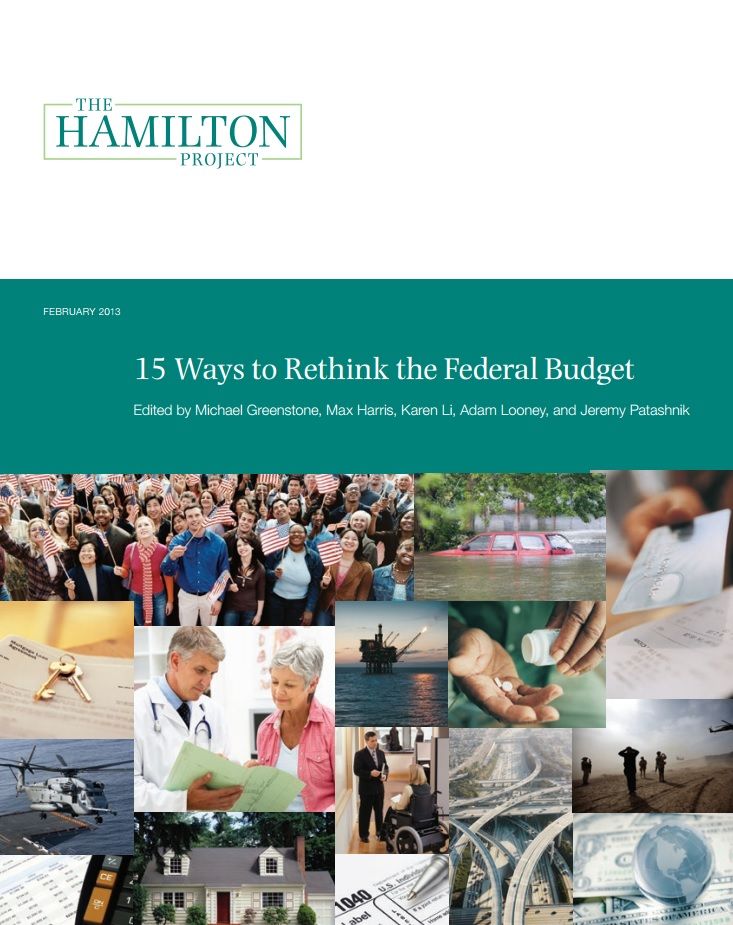
This proposal is chapter one of The Hamilton Project’s 15 Ways to Rethink the Federal Budget, and a segment in An Enduring Social Safety Net.
Introduction
The core challenge for the health-care system in general— and for care financed by the federal government through Medicare—is how to reduce inefficient spending while continuing to improve the quality of care. The fee for service (FFS) system, as currently practiced, is at the heart of this challenge, particularly for Medicare, because it is focused on providing and paying for medical services rather than on promoting and incentivizing medical outcomes.
The existing FFS portion of Medicare, which enrolls almost 75 percent of Medicare beneficiaries, relies on a byzantine system of fee schedules. There are thousands of codes for different services; setting the appropriate fee is enormously complex. Mispriced fees create incentives leading to the overuse (or underuse) of medical services. As a result, resources flow to overpriced activities and infrastructure. Importantly, the FFS system reduces incentives for providers to be efficient over the entire episode of care (Chernew, Frank, and Parente 2012; Landon 2012).
We propose a strategy for transitioning away from FFS payment to a global payment model. These changes are designed to promote efficiency in the Medicare program and facilitate the ability of health-care providers to continue to improve the quality of care, but along a dramatically slower spending trajectory. Compared to likely budget scenarios outlined in the Congressional Budget Office’s (CBO’s) “Alternative Fiscal Scenario,” for example, this proposal would reduce Medicare outlays within the ten-year budget window by more than $100 billion; by reducing the growth in health spending, it would reduce spending in later years (CBO 2013). Moreover, this proposal could contribute to lower outlays for other government-financed health care, and to improvements in the provision of health care in the economy at large. In particular, we support three proposals:
- The Medicare program should create a global payment model (that can operate independently from the existing FFS system), in which provider systems are paid a fixed fee (or given a fixed budget) to cover all beneficiary spending.
- Congress and Centers for Medicare and Medicaid Services (CMS) should create regulatory neutrality between Medicare Advantage (MA) plans and accountable care organizations (ACOs).
- Congress and the CMS should create a safe haven from regulations if an organization accepts global payment.
There are many advantages to transitioning toward a global payment model. One important advantage is that such a model orients the incentives of providers toward taking advantage of efficiencies. It should be noted that a global payment model will likely require organizational changes; there are some concerns that it may lead to lower-quality care. We believe, however, that these concerns can be addressed within the system we advocate.




